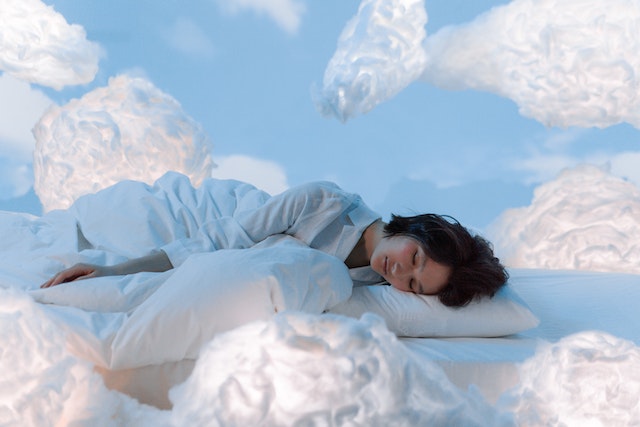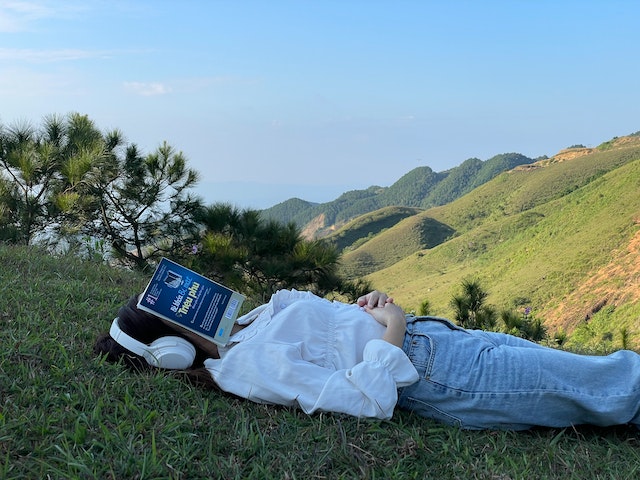ASMR for Sleep: An Unconventional Technique for Quality Rest
The Sleep Benefits of ASMR
Better Sleep Guide
ASMR produces a tingling sensation and feelings of relaxation similar to meditation. A growing number of people are discovering that it can naturally assist them in falling asleep faster and improving rest quality.

Shop Sleep Essentials
Explore our range of products designed to improve sleep quality.
Triggers and Brain Responses
ASMR triggers vary widely (whispers, tapping, personal attention) but all aim to elicit soothing responses.
The brain reacts with activity in vision and sound areas, followed by calmness. This unique response differs from normal reactions to stimuli.
Research & Sleep Advantages
A study shows a strong tie between ASMR and superior sleep quality.
Triggers mimic gentle care stimuli, reducing tension and stress levels, making it easier to fall into a peaceful slumber.
Different Forms of ASMR Techniques
Whispering
Hushed voice tones, unintelligible sounds, or soothing words.
Personal Attention
Simulated scenarios like haircuts or exams that create a sense of care.
Tapping and Scratching
Rhythmic sounds on various surfaces create a hypnotic, drowsy effect.
Role Play
Imaginative scenarios (spa, hotel) that engender relaxation and natural rest.

Tips for Beginners
- 1. Explore Stimuli: Everyone reacts differently. Try various sounds and visuals.
- 2. Set the Scene: Find a tranquil spot, dim the lights, and adjust volume.
- 3. Routine: Incorporate it consistently into your sleep regime.
Potential Risks and Misunderstandings
ASMR is not a sleep disorder or connected to paranormal activities or hypnosis. It is a response to specific stimuli and a relaxation technique.
Note: ASMR is not a substitute for professional medical treatment for severe sleep or mental health issues.
Shop Rest & Relaxation
Discover products to enhance your relaxation routine.
Frequently Asked Questions
How does ASMR work for sleep?
It stimulates a tingling sensation that promotes calm and aids in falling asleep.
Where can I find ASMR videos?
Platforms like YouTube offer countless videos designed specifically for sleep.
Can it replace medical advice?
No. Consult a healthcare professional for chronic sleep issues.
Is it suitable for everyone?
Generally yes, but those sensitive to certain noises should choose triggers carefully.
